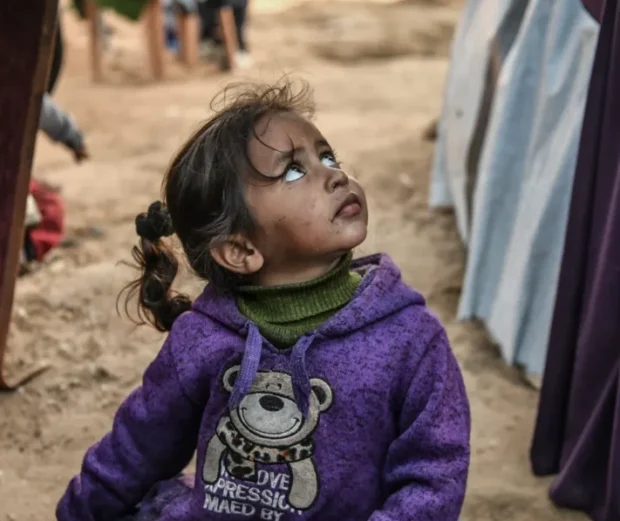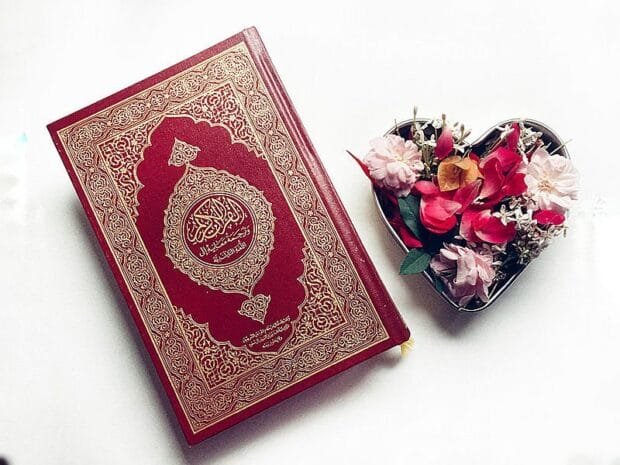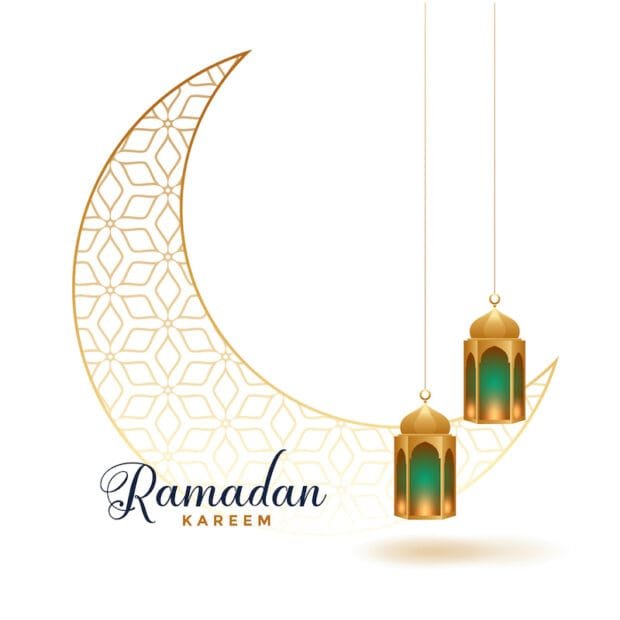Since October 2023, the Gaza Strip has been enduring one of the bloodiest conflicts of our time. Under relentless bombardment, civilian infrastructure collapses, hospitals overflow, and children’s cries echo through the rubble. Over 38,000 people have been killed — the majority being women and children — according to Gaza’s Ministry of Health. But beyond the death toll lies another tragedy: the systematic destruction of the Palestinian family.
Israeli airstrikes target residential areas, schools, mosques, hospitals — even shelters where displaced families have gathered. Entire families are wiped out in a single strike. It’s not just homes that are being destroyed, but entire lineages, generations, and family stories.
UNICEF has described this as the worst humanitarian crisis of the 21st century for children. Thousands have become orphans, injured, or traumatized for life. Family bonds — normally a refuge during war — are being shattered.
Islam sees the family as the foundation of society. It is built on love, compassion, and mutual responsibility. The Qur’an says:
“And among His signs is that He created for you spouses from among yourselves so that you may find tranquility in them; and He placed between you affection and mercy.”
(Surah Ar-Rum, 30:21)
This sacred bond is what the bombings in Gaza seek to destroy. It is no longer just about killing individuals, but about dismantling the social and spiritual structure of the Palestinian people.
The Prophet ﷺ said:
“Each of you is a shepherd, and each of you is responsible for his flock.”
(Sahih al-Bukhari, Sahih Muslim)
Parents are entrusted with the sacred duty to protect, feed, and raise their children. In Gaza, this right is being cruelly stripped away. Mothers are giving birth without anesthesia; fathers are burying their children with their bare hands. Islam views the inability to fulfill these parental duties not just as a tragedy, but a severe violation of divine order.
Islam teaches that the loss of a child, a parent, or a home is among the heaviest trials — but also an opportunity for spiritual elevation through sabr (patience).
“Give glad tidings to the patient — those who, when calamity strikes them, say, ‘Indeed, we belong to Allah, and indeed to Him we will return.’”
(Surah Al-Baqarah, 2:155–156)
Many families in Gaza embody this prophetic example. Despite their pain, they remain firm in faith, make duʿāʾ, and refuse to surrender their dignity.
What’s happening in Gaza is not just a geopolitical conflict — it is an assault on the very foundations of humanity, and on what Islam holds most sacred: family, compassion, and justice.
As members of the Ummah, we have a duty to:
- Support Gaza through prayer, charity, and raising awareness.
- Preserve our own families by strengthening the sacred bonds the modern world seeks to weaken.
- Educate our children about solidarity, justice, and human dignity.
Let us remember the words of the Prophet ﷺ:
“The Ummah is like a single body: when one limb suffers, the entire body feels the pain.”
(Sahih Muslim)






